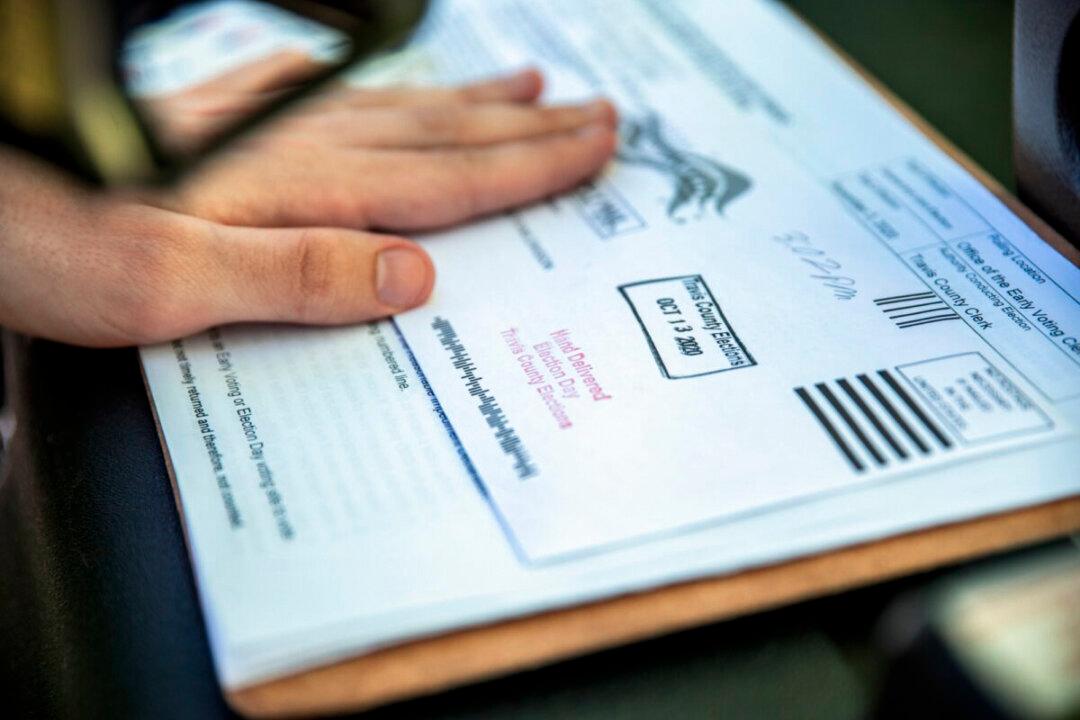A 38-day standoff in Texas over a GOP-backed election reform bill came to an end on Thursday when some House Democrats, who fled the state, returned—a day after it was ruled that they can be arrested if they refuse to return to the state Capitol to conduct legislative business.
The return of Democratic state Reps. Garnet Coleman, Ana Hernandez, and Amanda Walle paves the way for Republicans to resume work on voting overhaul bills that they argue are needed to safeguard future elections and would restore the public’s confidence in them.





